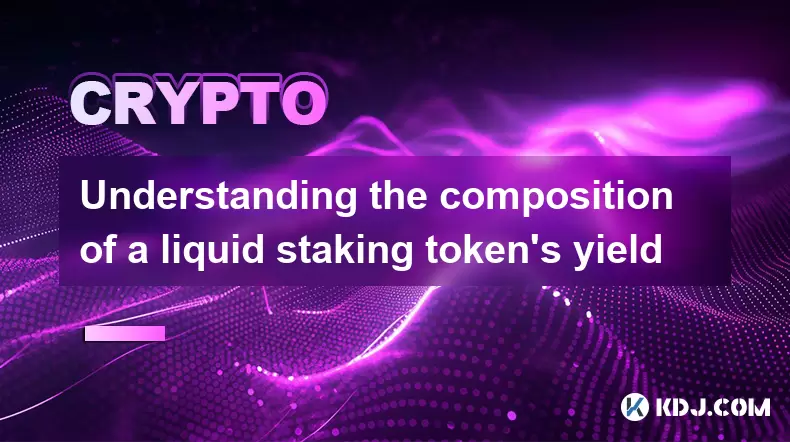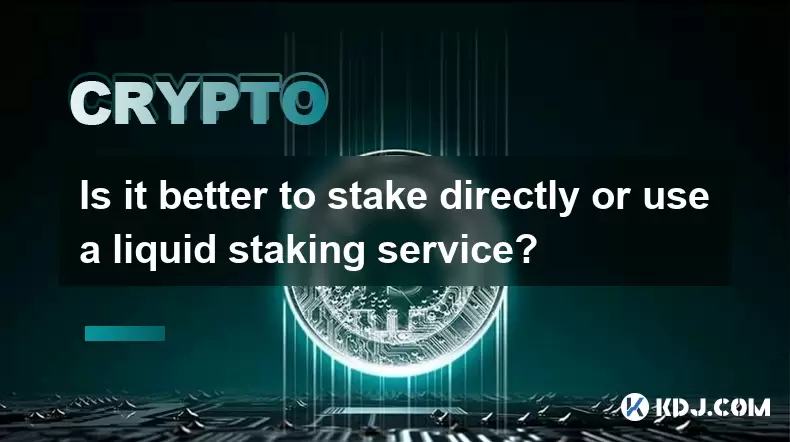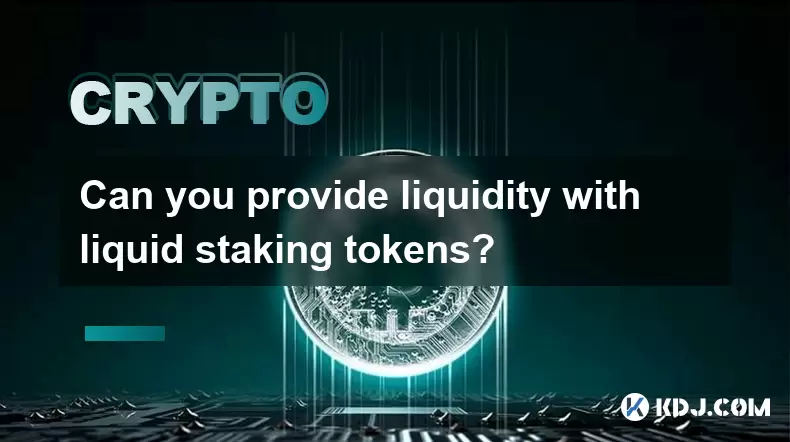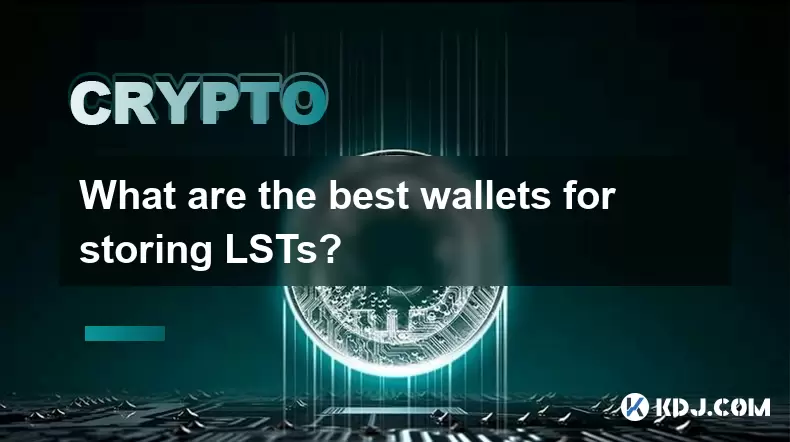-
 bitcoin
bitcoin $87959.907984 USD
1.34% -
 ethereum
ethereum $2920.497338 USD
3.04% -
 tether
tether $0.999775 USD
0.00% -
 xrp
xrp $2.237324 USD
8.12% -
 bnb
bnb $860.243768 USD
0.90% -
 solana
solana $138.089498 USD
5.43% -
 usd-coin
usd-coin $0.999807 USD
0.01% -
 tron
tron $0.272801 USD
-1.53% -
 dogecoin
dogecoin $0.150904 USD
2.96% -
 cardano
cardano $0.421635 USD
1.97% -
 hyperliquid
hyperliquid $32.152445 USD
2.23% -
 bitcoin-cash
bitcoin-cash $533.301069 USD
-1.94% -
 chainlink
chainlink $12.953417 USD
2.68% -
 unus-sed-leo
unus-sed-leo $9.535951 USD
0.73% -
 zcash
zcash $521.483386 USD
-2.87%
How to store CVX coins
Understanding the different ways to store CVX coins is crucial before embarking on the journey of safeguarding your digital assets, as each storage option offers unique advantages and considerations.
Nov 23, 2024 at 02:16 am

Before embarking on the journey of storing CVX coins, it is essential to comprehend the various methods available. Each storage option offers unique advantages and considerations, making it crucial to select the one that aligns with your specific needs and risk tolerance.
- Non-Custodial Wallets: Empowering You with Control
Non-custodial wallets grant you complete ownership and custody of your CVX holdings, meaning you retain exclusive control over your private keys. This approach prioritizes security by eliminating the risk of third-party interference or hacks. Popular non-custodial wallets include MetaMask and Trust Wallet.
- Custodial Wallets: Convenience at the Expense of Control
Custodial wallets provide a user-friendly and convenient platform for storing CVX coins. However, they differ from non-custodial wallets by entrusting a third-party service with the responsibility of managing your private keys. While this simplifies wallet management, it introduces the potential for security breaches and the risk of losing access to your funds if the custodian encounters operational issues. Prominent custodial wallets include Coinbase and Binance.
- Hardware Wallets: A Physical Fortress for Your Crypto
Hardware wallets offer unparalleled security by storing your private keys offline, rendering them inaccessible to online threats and hacking attempts. These devices resemble USB drives and seamlessly connect to computers when required for transactions. Leading hardware wallets include Ledger and Trezor.
Step 2: Choosing the Right Storage Method for Your NeedsSelecting the optimal storage method for your CVX coins hinges on carefully evaluating your priorities, risk tolerance, and the amount of CVX you intend to hold.
- Long-Term Storage: Prioritizing Security for Sizeable Holdings
For those holding substantial amounts of CVX as long-term investments, hardware wallets emerge as the preferred choice. Their offline nature provides impregnable protection against cyberattacks, ensuring your assets remain safe from malicious actors.
- Active Trading: Striking a Balance between Security and Convenience
If you engage in frequent CVX trading or require instant access to your funds, custodial wallets offer a blend of security and convenience. Selecting a reputable custodian with a proven track record of reliability minimizes the risks associated with third-party management.
- Small Balances: Navigating the Trade-off between Security and Accessibility
For individuals holding relatively small amounts of CVX, non-custodial wallets present a viable option. These wallets prioritize convenience and ease of use, empowering you to retain control over your assets without sacrificing substantial security.
Step 3: Creating and Securing Your Storage:- Non-Custodial Wallets: Establishing Your Digital Vault
- Download and install a reputable non-custodial wallet like MetaMask or Trust Wallet.
- Carefully record your seed phrase, a series of words used to recover your wallet in case of device loss or failure.
- Transfer your CVX coins to your newly created wallet address.
- Custodial Wallets: Embracing Convenience and Third-Party Management
- Register for an account with a reliable custodial wallet service such as Coinbase or Binance.
- Provide the necessary personal and financial information to complete the registration process.
- Fund your account and transfer your CVX coins to your custodial wallet address.
- Hardware Wallets: Securing Your Crypto in a Physical Bastion
- Acquire a hardware wallet from a trusted manufacturer like Ledger or Trezor.
- Set up your hardware wallet by following the manufacturer's instructions.
- Carefully write down your seed phrase and store it in a secure location separate from your hardware wallet.
- Connect your hardware wallet to your computer and transfer your CVX coins to your hardware wallet address.
Safeguarding your CVX coins demands vigilant adherence to best practices that minimize the risks of loss or theft.
- Robust Password Management: Your Digital Gatekeeper
- Create strong and unique passwords for all accounts associated with your CVX storage.
- Avoid using easily guessable passwords or personal information that could compromise your accounts.
- Consider employing password management software to generate and securely store your passwords.
- Two-Factor Authentication (2FA): Adding an Extra Layer of Security
- Enable two-factor authentication on all platforms related to your CVX storage.
- This requires an additional verification step, typically a one-time code sent to your phone or email, when logging in or making transactions.
- 2FA significantly enhances the security of your accounts, making it more challenging for unauthorized individuals to access your funds.
- Phishing Vigilance: Shielding Against Malicious Deception
- Beware of phishing attempts that attempt to trick you into revealing sensitive information like your passwords or seed phrase.
- Never click on suspicious links or open attachments from unknown senders.
- Legitimate companies will never ask you to provide your private keys or seed phrase.
- Secure Your Seed Phrase: The Key to Your Crypto Kingdom
- Your seed phrase grants access to your non-custodial wallet and hardware wallet.
- Store your seed phrase in a secure and physically inaccessible location, such as a safety deposit box or a fireproof safe.
- Never share your seed phrase with anyone, as it grants complete control over your funds.
- Regular Software Updates: Keeping Your Guard Up
- Stay vigilant in updating the software on your devices and wallets.
- Software updates often include security patches that protect against emerging threats.
- Ignoring updates can leave vulnerabilities open to exploitation.
- Monitor Transactions: vigilance against unauthorized activity
- Regularly review your transaction history to identify any suspicious or unauthorized withdrawals.
- Promptly report any unauthorized transactions to the relevant authorities.
Disclaimer:info@kdj.com
The information provided is not trading advice. kdj.com does not assume any responsibility for any investments made based on the information provided in this article. Cryptocurrencies are highly volatile and it is highly recommended that you invest with caution after thorough research!
If you believe that the content used on this website infringes your copyright, please contact us immediately (info@kdj.com) and we will delete it promptly.
- Tokenization, Stablecoins, Remittances: The New York Minute for Global Finance
- 2026-02-01 19:20:01
- BlockDAG Poised for 100x Crypto Opportunity as Presale Enters Final Hours, Promising Massive Gains
- 2026-02-01 19:20:01
- Circle Charts Bold Course: Stablecoins to Reshape Global Finance by 2026
- 2026-02-01 19:25:01
- Big Apple Bites into Blockchain: Ethereum DApps, Exchanges, and Games Navigate a Shifting Crypto Tide
- 2026-02-01 19:15:01
- Cryptocurrency Presales and Pumpfun: The Big Apple's Bold Bet on Digital Gold Rush
- 2026-02-01 19:15:01
- Pi Network Bolsters Mainnet Migration and KYC Enhancements Amidst Ecosystem Growth
- 2026-02-01 19:10:02
Related knowledge

Understanding the composition of a liquid staking token's yield
Jul 20,2025 at 09:07am
What Is a Liquid Staking Token?A liquid staking token is a representative asset issued to users who stake their native cryptocurrency on a proof-of-st...

Is it better to stake directly or use a liquid staking service?
Jul 22,2025 at 08:21pm
Understanding the Basics of StakingStaking in the context of blockchain and cryptocurrency refers to the process of locking up digital assets to suppo...

What to do during an LST depeg event
Jul 20,2025 at 04:57pm
Understanding LST Depeg EventsAn LST (Liquid Staking Token) depeg event occurs when the token, which is typically pegged to the value of the underlyin...

How to find new liquid staking projects
Jul 30,2025 at 01:14pm
Understanding Liquid Staking and Its ImportanceLiquid staking is a mechanism that allows users to stake their cryptocurrency assets while still mainta...

Can you provide liquidity with liquid staking tokens?
Jul 22,2025 at 10:22am
Understanding Liquid Staking TokensLiquid staking tokens (LSTs) are derivative tokens that represent staked assets on a proof-of-stake (PoS) blockchai...

What are the best wallets for storing LSTs?
Jul 21,2025 at 03:14pm
Understanding LSTs and the Need for Secure StorageLSTs, or Liquid Staking Tokens, are derivative tokens representing staked assets on a blockchain. Wh...

Understanding the composition of a liquid staking token's yield
Jul 20,2025 at 09:07am
What Is a Liquid Staking Token?A liquid staking token is a representative asset issued to users who stake their native cryptocurrency on a proof-of-st...

Is it better to stake directly or use a liquid staking service?
Jul 22,2025 at 08:21pm
Understanding the Basics of StakingStaking in the context of blockchain and cryptocurrency refers to the process of locking up digital assets to suppo...

What to do during an LST depeg event
Jul 20,2025 at 04:57pm
Understanding LST Depeg EventsAn LST (Liquid Staking Token) depeg event occurs when the token, which is typically pegged to the value of the underlyin...

How to find new liquid staking projects
Jul 30,2025 at 01:14pm
Understanding Liquid Staking and Its ImportanceLiquid staking is a mechanism that allows users to stake their cryptocurrency assets while still mainta...

Can you provide liquidity with liquid staking tokens?
Jul 22,2025 at 10:22am
Understanding Liquid Staking TokensLiquid staking tokens (LSTs) are derivative tokens that represent staked assets on a proof-of-stake (PoS) blockchai...

What are the best wallets for storing LSTs?
Jul 21,2025 at 03:14pm
Understanding LSTs and the Need for Secure StorageLSTs, or Liquid Staking Tokens, are derivative tokens representing staked assets on a blockchain. Wh...
See all articles
























![[Audio stories] Streamer Became a Billionaire Overnight After Buying One Junk Coin [Audio stories] Streamer Became a Billionaire Overnight After Buying One Junk Coin](/uploads/2026/02/01/cryptocurrencies-news/videos/origin_697eaa9a495ed_image_500_375.webp)

















































